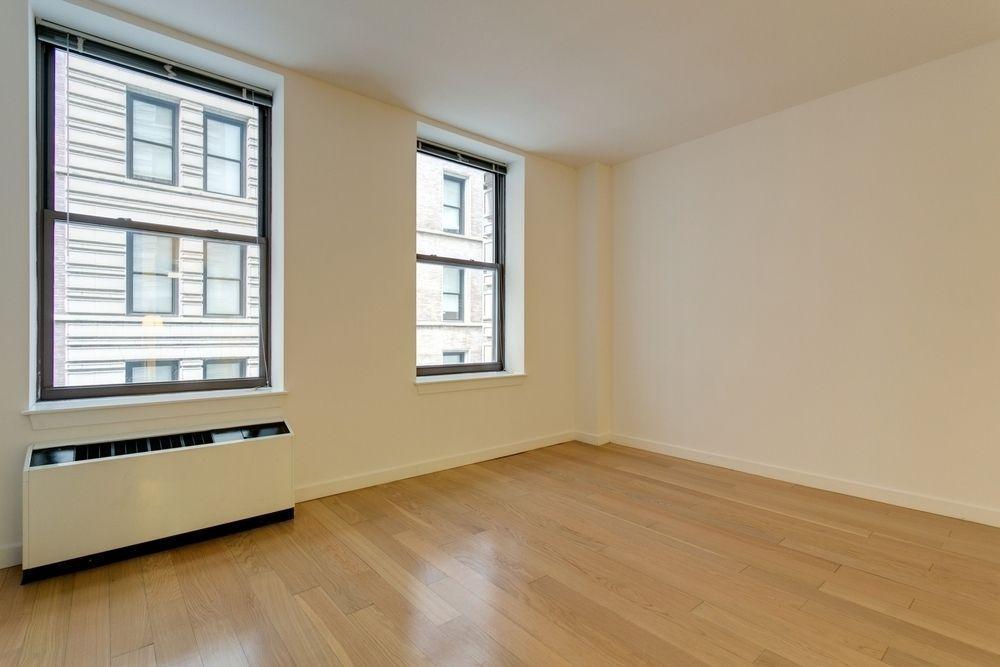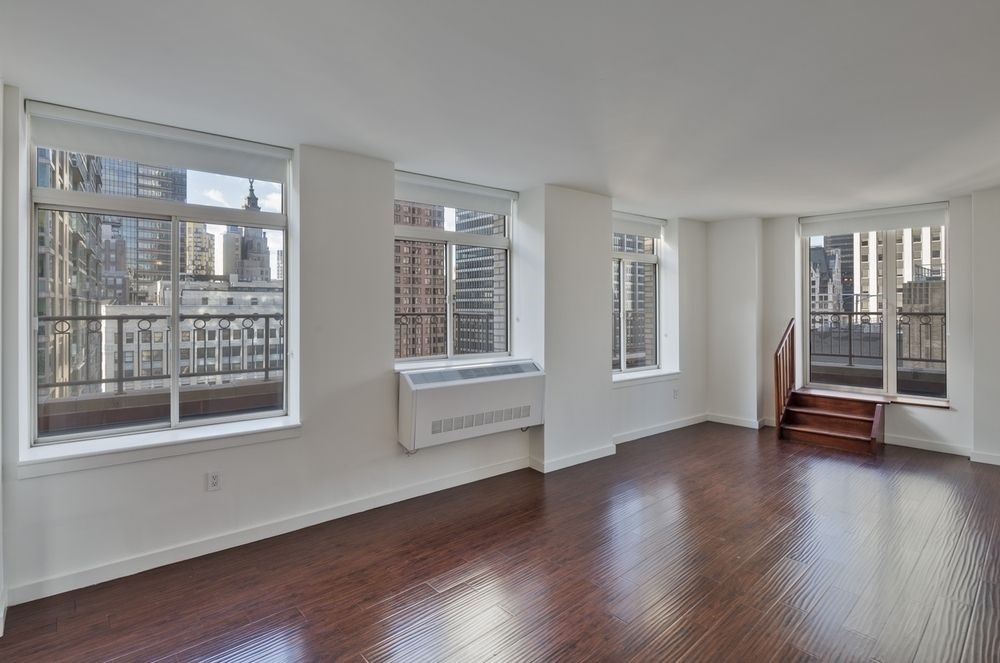
Is Arizona a Good Place to Live?
By: ROS Team
Arizona with its beautiful landscapes and sunshine year round is becoming a very popular place to live. From the vastness of the Grand Canyon to the central hubs of Phoenix and Tucson the state has abundance of natural beauty, cultural diversity and economic opportunities.
While Arizona has a relatively low cost of living and a strong job market in tech and healthcare it’s also important to consider the challenges. Heat, water shortage, limited public transportation and poor k-12 education system are things that can impact your daily life.
This article will provide a balanced look at the pros and cons of living in Arizona, helping you determine whether the Grand Canyon State is the right place for you.
Quick Facts About Arizona
- Population: 7,431,344
- Nickname: The Grand Canyon State, The Copper State
- State Capitol: Phoenix
- Median Age: 38.4 Years
- Median House Price: $430,658
- Median Rent: $1,334
- Median Household Income: $72,581
- People Having a Bachelor Degree or Higher: 31.8%
- Poverty Rate: 12.4%
Pros and Cons of Living in Arizona
Pros
Pro #01 Beautiful Landscapes
Arizona has some of the most gorgeous views in the country. From the Grand Canyon to Havasupai Falls, there’s no shortage of stunning sights. The Colorado River, Monument Valley and the Sonoran Desert add to the scenery.
If you love the outdoors, Arizona has endless hiking, biking, rock climbing and camping. Whether you’re in Petrified Forest National Park or watching a desert sunset, it’s hard to ignore the natural beauty of Arizona.
Did You Know? The Sonoran Desert in Arizona is the exclusive habitat for the majestic saguaro cactus, a symbol of the American Southwest.
Pro #02 Moderate Weather and Climate
If you’re a fan of sunshine, Arizona won’t disappoint! With an average of 320 sunny days a year, this state is perfect for those who love clear skies.
Phoenix, the state’s capital, enjoys more sunny days than any other metropolitan area in the U.S.
The winters are mild and comfortable, often reaching the 70s, while higher elevations might even get a bit of snow. But keep in mind, Arizona summers can be intense, with temperatures regularly soaring above 100°F for months at a time. (We will discuss this in detail in the below-mentioned cons).
Pro #03 Affordable Cost of Living
The average home price in Arizona is around $430,658 but the cost of living is still reasonable especially compared to neighboring states like California and Utah.
Arizona’s cost of living index is 106.4 which is a bit above the national average of 100 but still doable for many. If you want to balance affordability with quality of life, Arizona is a solid choice.
Pro #04 Plenty of Outdoor Activities
Arizona is an outdoor enthusiast’s dream. With its sunny weather and varied landscape, the state has endless options. Whether you’re into hiking the Grand Canyon, exploring the Petrified Forest or riding horses in Sedona you’ll never run out of things to do. Arizona’s lakes and rivers are also great for fishing, kayaking and cooling off when the heat hits.
And if you’re more into extreme sports longboarding or cycling down Mt. Lemmon is an adventure waiting to happen.
Fun Fact: Arizona is home to two of the nation’s most celebrated waterfalls: Grand Falls and Havasu Falls, both renowned for their breathtaking beauty.
Pro #05 Robust Job Market
Arizona has a great job market with defense, tech, healthcare, manufacturing and aerospace. Phoenix and Tucson are major hubs with lots of blue collar jobs across all industries. The state government is the largest employer but Banner Health is the largest private employer with over 39,000 employees.
Other notable employers include:
- Walmart
- Kroger
- Wells Fargo
- Albertsons
- McDonald’s
On top of that, Phoenix is becoming a hot spot for tech companies, drawing in both startups and well-established firms.
Pro #06 Driving is Easy
Driving in Arizona, especially Phoenix, is easy. The city is laid out in a grid so you don’t have to constantly check your GPS. Major roads are well marked and the city’s wide streets and highways like I-10 and I-17 make driving a breeze.
Arizona is also one of the safest states to drive in, 8th in the country with a score of 52.6 out of 80, way ahead of neighboring states of Utah and California.
And if you like to drive fast on open roads, Arizona’s well maintained highways and 75 MPH speed limits let you zip between cities and natural wonders.
Pro #07 Cultural Diversity
Arizona’s cultural diversity is an underutilized asset. With a 372 mile border with Mexico, almost a third of Phoenix’s population is Latino but the cultural mix doesn’t stop there. There are Russian, Vietnamese, Filipino, Irish, Korean and German communities too.
You’ll also find cultural institutions like The Heard Museum, Arizona Latino Arts and Cultural Center (ALAC) and the Phoenix Art Museum.
And for food lovers, Arizona offers an array of international cuisine:
- El Chullo Peruvian Restaurant and Bar (Latin Cuisine)
- Kai (American Indian flavors)
- Nobuo at Teeter House (Japanese cuisine)
Remarkable Fact: The Grand Canyon National Park is recognized as one of the Seven Natural Wonders of the World, and it holds the distinction of being the only one situated entirely within the United States.
Pro #08 Health and Wellness
If health and wellness is important to you, Arizona might be the place. The state’s warm dry climate is known to reduce the risk of heart disease and with wellness retreats, spas and fitness centers galore, you’ll never be short on ways to stay active and healthy.
Arizonans exercise more and smoke less than the national average so overall you’ll be living a healthier lifestyle.
Cons
Con #01 Extreme Heat
While Arizona’s weather is great, the summer heat is a major drawback. Temps often hit 112°F and sometimes higher, especially in the southern desert where it can get up to 125°F. The heat makes outdoor activities tough and increases the risk of heat related illnesses. Summers in Arizona can be brutal for some residents.
Con #02 Wildfires
Arizona’s dry climate and rough terrain makes it wildfire prone and it’s a growing concern. One of the biggest fires in recent history was the Rodeo-Chediski Fire in 2002 which burned over 469,000 acres. Wildfires can be caused by lightning or human activity and with high winds they can spread fast, threatening property and lives.
Con #03 Transportation Limitations
Arizona doesn’t have the comprehensive public transportation systems like New York or San Francisco. Valley Metro, the light rail system, only serves the Phoenix metropolitan area, so if you live outside of that, you’ll have to rely on buses or your own car. The state is so big and distances are so long, car ownership is more of a necessity than an option.
Con #04 Water Scarcity
Water is a growing issue in Arizona due to long term droughts that have affected the Colorado River, Arizona’s main water source. Arizona is in its 26th year of drought, 99% of the state is in water shortage and 87% is in extreme drought. There’s still enough water for daily use but residents need to be mindful of how and when they use it.
Con #05 The Wildlife
Arizona’s deserts and mountains have some wild animals that can be a risk, especially if you like to get outdoors. Scorpions, spiders, snakes and bees are common and hikers may also run into bigger animals like mountain lions or javelinas. Be aware and be careful when you’re out in Arizona’s natural areas.
Con #06 Public Education System
Arizona is one of the worst states for public education. According to a recent survey by Consumer Affairs, the state has low test scores and the highest student to teacher ratio in the country with 23 students to 1 teacher.
The overcrowded classrooms and lack of resources has Arizona’s public schools rated as the most crowded in the nation which can be a concern for families moving to the state.
Living in Arizona— FAQs
Is Arizona Safe to Live?
Arizona is safe to live in but the safety varies from city to city. Larger cities like Phoenix have higher crime rates because of the larger population.
According to NeighborhoodScout, the state has a violent crime rate of 4.31 per 1,000 people which is slightly higher than the national average of 4.00. Property crime in Arizona is 20.58 per 1,000 people which is right at the national average of 20.
The most common crimes in the state are aggravated assault, shoplifting and drug violations. Be sure to research the city or neighborhood you’re moving to.
Why Are People Moving to Arizona?
Lots of people are moving to Arizona because of the lower cost of living compared to neighboring states like California. The growing economy with tech, healthcare and manufacturing industries means plenty of job opportunities.
Arizona’s diverse landscapes from deserts to mountains are a draw for outdoor enthusiasts and its reputation for great healthcare including some of the best hospitals in the country is a big plus for those looking for medical care.
What Is Arizona Known For?
Arizona is renowned for its vast and diverse landscapes, with about 85% of its land made up of national forests, parks, recreation areas, wildlife preserves, and Indian reservations.
It has the largest percentage of land designated as American Indian lands, including 22 tribes, with the Navajo Nation being the largest.
The state also enjoys around 300 days of sunshine each year, making it a popular year-round destination.
While the K-12 education system may struggle, Arizona is home to top-tier universities, such as:
- Arizona State University (ASU)
- University of Arizona (U of A)
- Northern Arizona University (NAU)
Trivia: The University of Arizona, established in 1885, is located in Tucson and stands as the oldest university in the state, boasting a vibrant student population of over 40,000.
How Many People Live in Arizona?
As of the latest estimates, Arizona’s population is approximately 7.5 million people. The state has experienced significant growth in recent years due to its booming economy, warm climate, and relatively affordable cost of living. Major cities like Phoenix, Tucson, and Mesa are popular destinations for new residents.
Where Is Arizona in the USA?
Arizona is located in the southwestern region of the United States. It shares borders with California to the west, Nevada to the northwest, Utah to the north, New Mexico to the east, and Mexico to the south. The state’s proximity to several national landmarks, including the Grand Canyon, makes it a key part of the American Southwest.
How Far Away Is Arizona?
The distance to Arizona depends on where you’re traveling from. For example, if you’re coming from Los Angeles, California, it’s about 370 miles to Phoenix, Arizona, which is roughly a 6-hour drive. From New York City, it’s a much longer journey—over 2,400 miles, typically requiring a 5-hour flight. Arizona is easily accessible by air or road from most parts of the country.
Should I Move to Arizona?
Arizona could be a great choice if you’re looking for sunny weather, lower living costs compared to places like California, and abundant job opportunities, especially in tech, healthcare, and manufacturing sectors. The state also offers beautiful landscapes and outdoor activities.
However, you should be prepared for the extreme summer heat, potential water shortages, and challenges with the public education system. It’s important to weigh these factors and consider your lifestyle and priorities before deciding to move.
Related Articles:
Safest Places to Live in Arizona
Cheapest Places To Live In Arizona
Top Celebrities Who Live In Arizona














